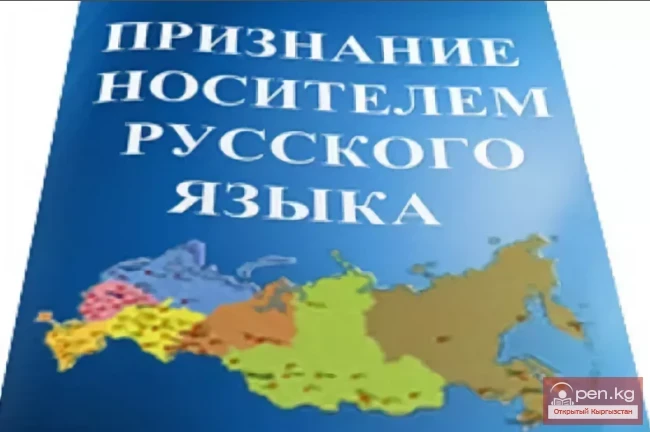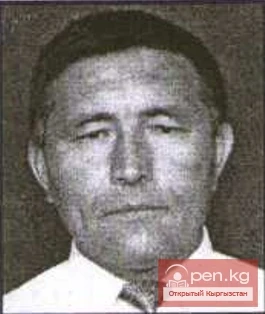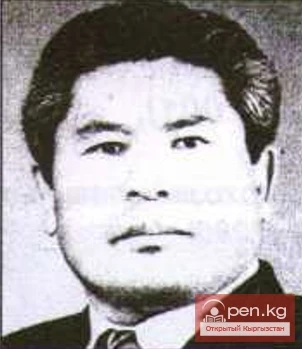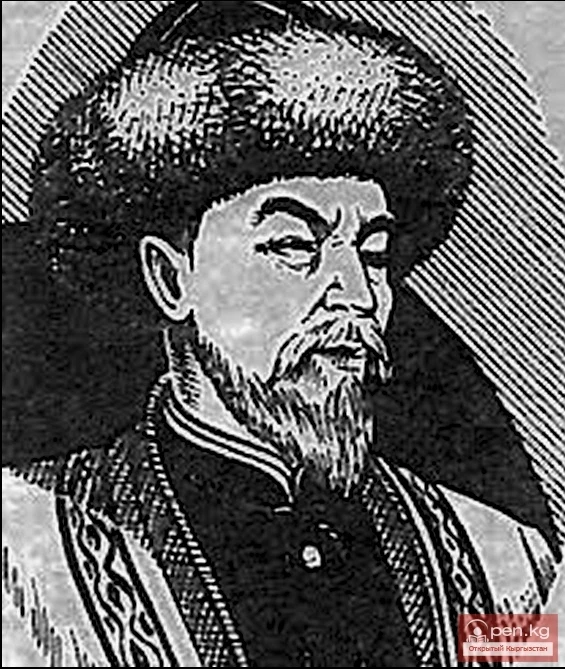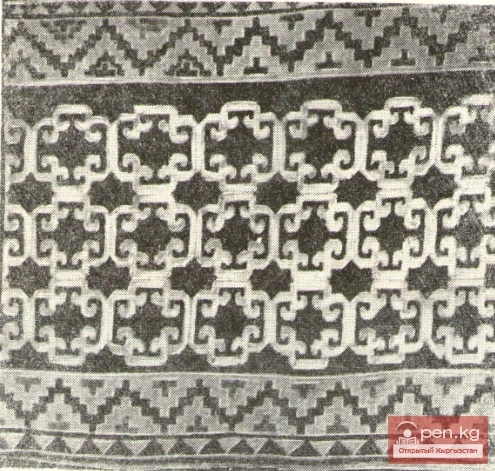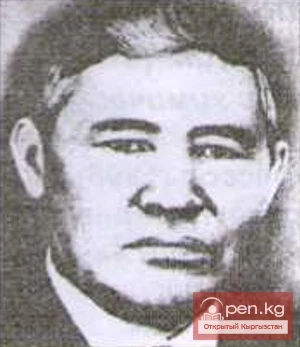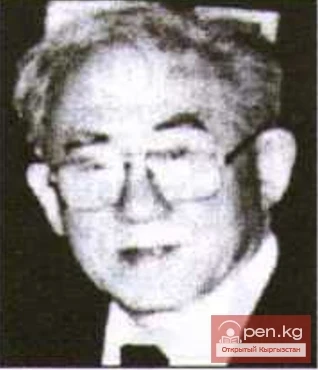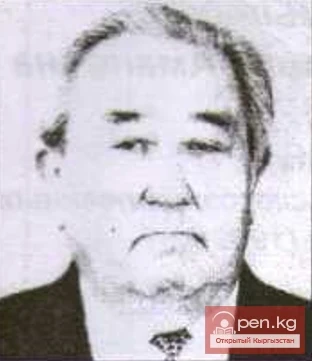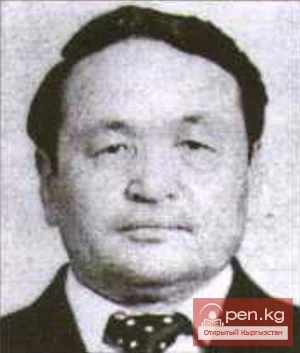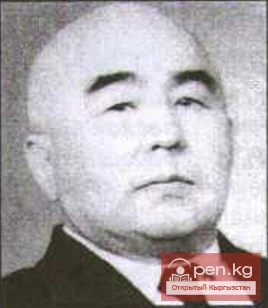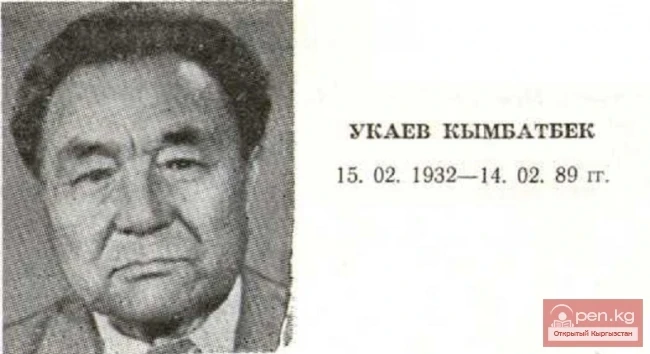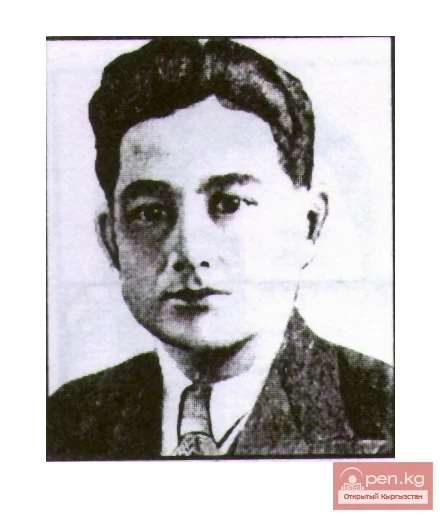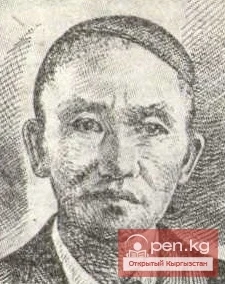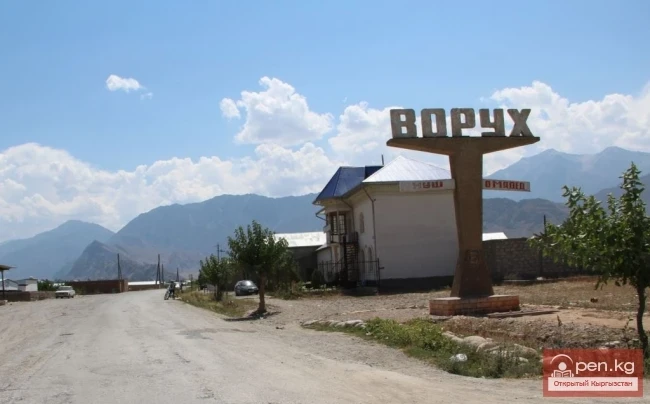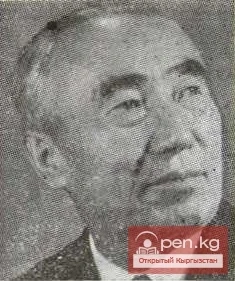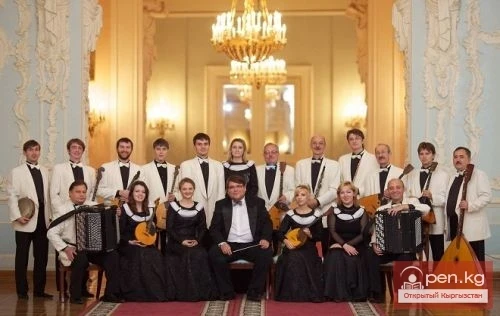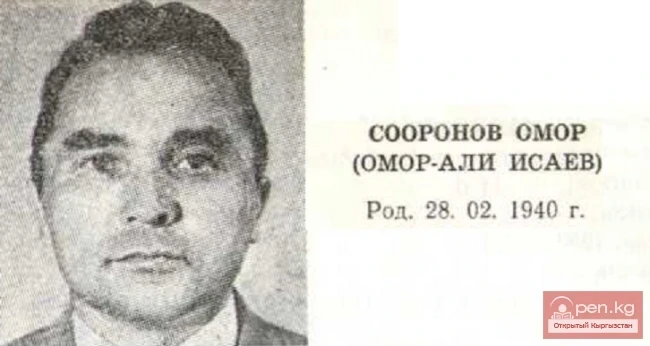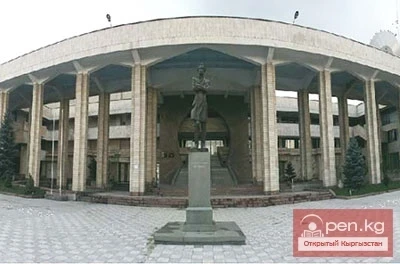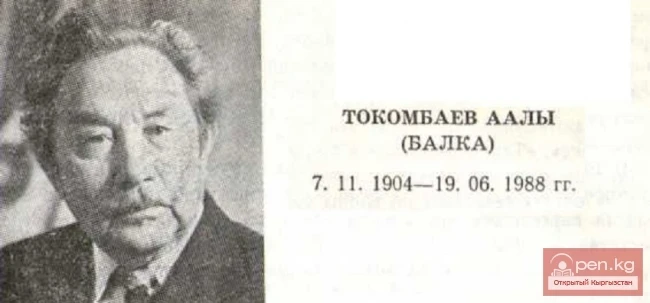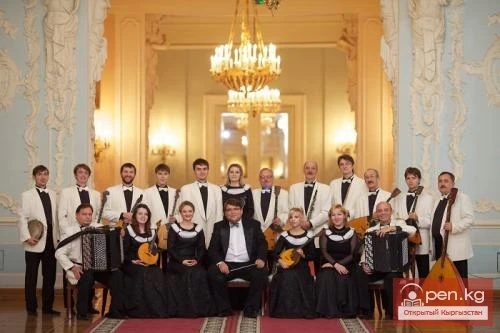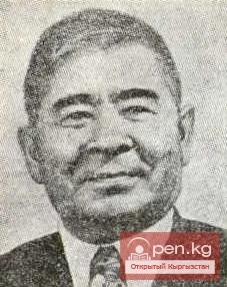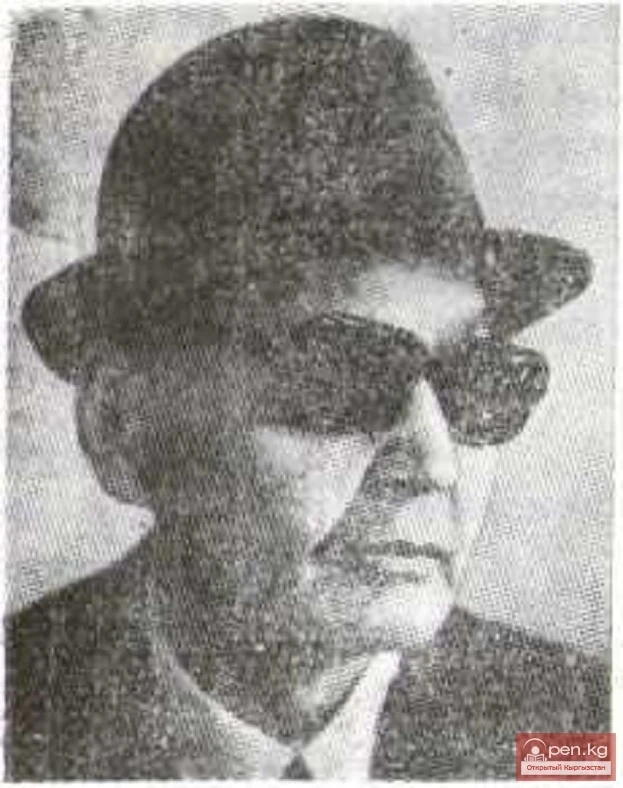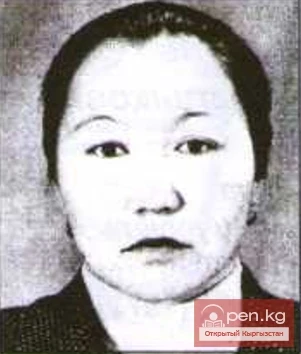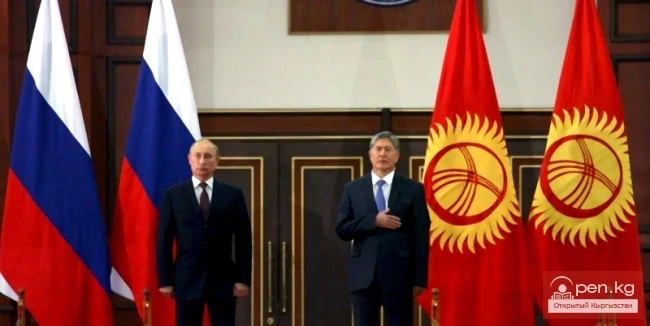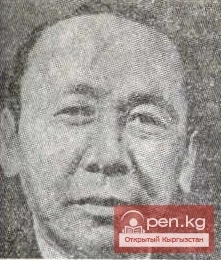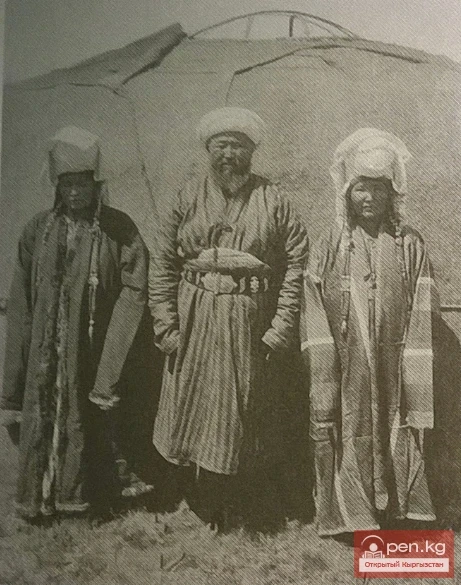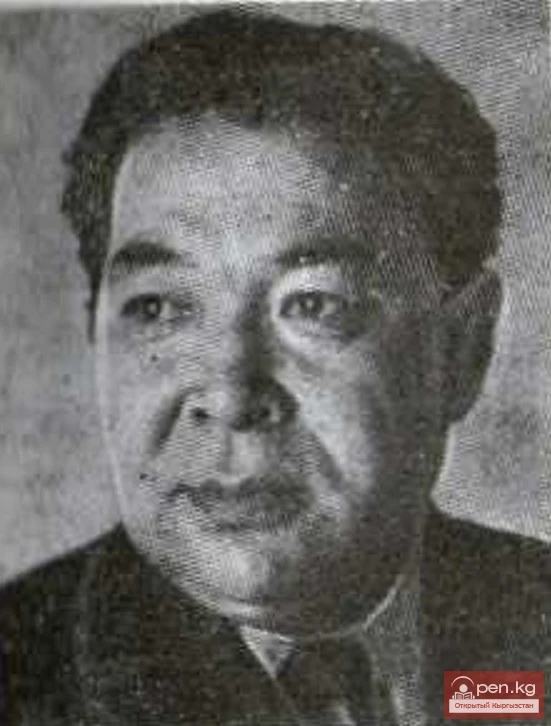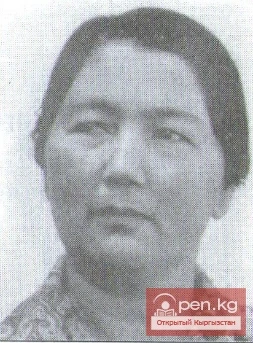Recognition as a Russian Language Speaker
One of the specific cases of granting citizenship to a foreign citizen or stateless person in Russia in a simplified manner is the acceptance of such individuals as Russian language speakers in accordance with part 2.1 of article 14 of the Federal Law "On Citizenship of the Russian Federation" No. 62-FZ dated May 31, 2002.
A necessary preliminary condition for submitting an application for citizenship in Russia under this procedure is the recognition of the applicant as a Russian language speaker.
Who can be recognized as a Russian language speaker (RLS)
Let’s consider the conditions under which a foreign citizen or stateless person may potentially be recognized as a Russian language speaker, and thus have the opportunity to go through the entire procedure for obtaining Russian citizenship for Russian language speakers in a broad sense.
They must meet three general requirements listed below:
1. Be of legal age, i.e., at least eighteen years old, and legally capable.
2. Possess the Russian language and use it daily in family, domestic, and cultural spheres.
This provision naturally follows from the very concept of "Russian language speaker." Therefore, the requirements for the level of proficiency in the language for recognition as a Russian language speaker are quite high.
Thus, a foreign citizen or stateless person must not only be able to adequately understand everyday speech and communicate freely in a linguistic environment but also, for example, understand and correctly interpret any texts—literary, abstract-philosophical, journalistic, professionally oriented, as well as their subtext.
A potential Russian language speaker must also fully understand the content of television programs, films, public speeches, correctly perceive the emotional characteristics of the speaker's speech, and hidden meanings.
They must be able to demonstrate various speech behavior tactics and freely use the expressive means of the Russian language in all its diversity, among other things.
3. Have previously or currently reside permanently in the territory of the Russian Federation or, alternatively, have previously resided permanently in the territory of the Russian Empire or the territory of the USSR, within the current state borders of the Russian Federation, or:
Have at least one relative in the direct ascending line who:
previously resided permanently or currently resides in the territory of the Russian Federation;
previously resided in the territory of the Russian Empire or the territory of the USSR, within the current state borders of the Russian Federation.
As can be seen, for recognition as a Russian language speaker, not only a very high level of proficiency in the Russian language is crucial, but also the fact of permanent residence of the person or their relative in the direct ascending line in the territory of Russia.
If a foreign citizen or stateless person does not meet this requirement, they do not have the right to be recognized as a Russian language speaker, and thus, cannot be accepted into Russian citizenship as such, even with a high level of language proficiency.
In this regard, a very important question arises: "What does the term 'permanent residence' imply?
Permanent Residence for Recognition as a Russian Language Speaker
Let’s consider one of the most common practical questions, and thus the most relevant today regarding the recognition as a Russian language speaker: What does the term "permanent residence" in Russia mean in accordance with:
A) the currently effective Russian legislation on the legal status of foreign citizens in the Russian Federation (applicable both to the potential Russian language speaker and their relatives in the direct ascending line who are not citizens of Russia)?
B) the currently effective rules for the registration of Russian citizens (applicable to the relatives of the potential Russian language speaker in the direct ascending line who are or were previously citizens of Russia)?
C) the previously effective (since July 1, 1975) passport rules in the USSR (applicable both to the potential Russian language speaker and their relatives in the direct ascending line who previously resided permanently in the territory of the USSR, within the current state borders of the Russian Federation)?
In the first case (option "A"):
A foreign citizen or stateless person is recognized as permanently residing in Russia if they have a residence permit in the Russian Federation. This conclusion directly follows from the content of paragraph 7 of part 1 of article 2 of the Federal Law "On the Legal Status of Foreign Citizens in the Russian Federation" No. 115-FZ dated July 25, 2002.
That is, based on the above, in relation to the potential Russian language speaker and their relative in the direct ascending line who is not a citizen of Russia, for acceptance into Russian citizenship under the considered procedure, it is necessary to have a residence permit in the Russian Federation with registration at the place of residence currently or at any time previously.
I would like to draw your attention to the following very important circumstance: if a foreign citizen or stateless person lacks the necessary condition for recognition as a Russian language speaker regarding the permanent residence of themselves or their relative in the direct ascending line in the territory of Russia, the right to submit an application for recognition as a Russian language speaker arises only after obtaining a residence permit in Russia and registering at the place of residence.
In the second case (option "B"):
A relative in the direct ascending line of a Russian language speaker, who is (was) a citizen of Russia, is recognized (was recognized) as permanently residing in the territory of Russia if they have (had) registration at the place of residence (permanent registration) in the territory of the country according to the internal passport of a Russian citizen.
This conclusion directly follows from the content of paragraph 2 of item 3 of the Rules for Registration and Removal of Russian Citizens from Registration at the Place of Stay and at the Place of Residence within the Russian Federation, approved by the Resolution of the Government of the Russian Federation dated July 17, 1995, No. 713.
In the third case (option "C"):
A citizen of the USSR was recognized as permanently residing in the territory of the USSR if they had permanent registration (but not temporary registration!) in the territory of the country according to the passport of a citizen of the USSR of the 1974 model.
This conclusion follows from the content of item 6 of the Regulation on the Passport System in the USSR, approved by the Resolution of the Council of Ministers of the USSR dated August 28, 1974, No. 677.
Procedure for Recognition as a Russian Language Speaker
The sequence of actions for a foreign citizen or stateless person to be recognized as a Russian language speaker can be considered step by step:
Step 1.The first thing that a potential Russian language speaker needs to pay attention to is that a foreign citizen or stateless person must be legally residing or living in the territory of Russia when submitting an application for recognition as a Russian language speaker.
Therefore, if a person does not have a temporary residence permit or a residence permit in Russia, i.e., is temporarily staying in the country, they must register in accordance with the established procedure at the place of stay, and if necessary, obtain a work permit or patent.
A foreign citizen (stateless person) who has a temporary residence permit or a residence permit in Russia, i.e., is temporarily or permanently residing in the country, must have registration at the place of residence.
Thus, in the absence of a person’s migration registration at the place of stay or registration at the place of residence, the first step for a potential Russian language speaker should be to arrange these registrations.
Step 2.The next step is to submit an application for recognition of the applicant as a Russian language speaker and other necessary documents to the commission for recognizing a foreign citizen or stateless person as a Russian language speaker at the territorial body of the Ministry of Internal Affairs of Russia, i.e., the Ministry of Internal Affairs of Russia of the respective subject of the Russian Federation, in the territory of which they are registered for migration at the place of stay or have registration at the place of residence.
After accepting the application for recognition as a Russian language speaker and other necessary, properly executed documents, the relevant official must inform the applicant of the time and place of the interview.
Please note that if the applicant is temporarily staying in the territory of the country, the above application must be submitted to the commission no later than 15 days before the expiration of the permitted temporary stay.
If the applicant is temporarily or permanently residing in the territory of the country, the application for recognition as a Russian language speaker must be submitted to the commission no later than three months before the expiration of their stay in Russia.
Step 3.Attend the interview at the aforementioned commission of the territorial body of the Ministry of Internal Affairs of Russia, after which a decision will be made on recognizing the applicant as a Russian language speaker or not recognizing them as such.
In the first case, i.e., if the applicant is recognized as such, they must receive a decision on recognition as a Russian language speaker, which will subsequently be required for:
1. Acquisition of Russian citizenship in a simplified manner in accordance with part 2.1 of article 14 of the Federal Law – if at the time of submitting the application for recognition as a Russian language speaker, the applicant already had a residence permit in our country, i.e., was already a permanently residing foreign citizen or stateless person in Russia.
2. Obtaining a residence permit in Russia - if at the time of submitting the application for recognition as a Russian language speaker, the applicant did not have a residence permit in Russia, but was a temporarily staying or temporarily residing foreign citizen or stateless person in the country, i.e., was registered for migration at the place of stay or had a temporary residence permit in Russia.
After obtaining a residence permit in our country and fulfilling other legislative requirements, the Russian language speaker has the opportunity to submit an application for acceptance into Russian citizenship in a simplified manner in accordance with part 2.1 of article 14 of the Federal Law "On Citizenship of the Russian Federation."
The validity period of the decision on recognition as a Russian language speaker is not limited by Russian legislation.
In the second case, i.e., in the case of not recognizing the applicant as a Russian language speaker, they have the following options for action:
1. After one year from the date of the decision, reapply for recognition as a Russian language speaker. The number of such applications is not limited by Russian legislation.
2. Without waiting for a year after the decision, consider the possibility of submitting other applications to change their legal status in Russia.
For example, a foreign citizen or stateless person, if there are legal grounds and necessary conditions, depending on their legal status in the country, may:
• Temporarily staying in the country (registered for migration at the place of stay) - submit an application for a temporary residence permit in Russia (considering the quota approved by the Government of Russia or without considering it), and in some cases, submit an application for a residence permit (for example, citizens of the Republic of Belarus).
• Temporarily residing in the country (having a temporary residence permit in Russia) - submit an application for a residence permit in Russia or an application for acceptance into Russian citizenship (for example, after obtaining the status of a participant in the State program for assisting the voluntary resettlement to Russia of compatriots).
• Permanently residing in the country (having a residence permit) - submit an application for acceptance into Russian citizenship in a simplified or general manner.
Citizenship for Russian Language Speakers
A foreign citizen or stateless person, after being recognized as a Russian language speaker and fulfilling other necessary conditions, such as obtaining a residence permit in Russia, has the opportunity to submit an application for acceptance into Russian citizenship in a simplified manner in accordance with part 2.1 of article 14 of the Federal Law "On Citizenship of the Russian Federation" No. 62-FZ dated May 31, 2002.
The specified procedure for acceptance into Russian citizenship (hereinafter referred to as citizenship for Russian language speakers) is a specific case of acceptance into Russian citizenship in a simplified manner but has significant peculiarities.
Procedure for Actions in Acceptance into Russian Citizenship for Russian Language Speakers
First of all, let’s consider what actions a foreign citizen must take after being recognized as a Russian language speaker to have the right to submit an application for acceptance into Russian citizenship as a Russian language speaker, as well as the exceptions from the general rules that apply in this case.
Let’s examine them step by step:
Step 1.Contact the territorial body of the Ministry of Internal Affairs of Russia regarding the issuance of a notification about the possibility of acceptance into the citizenship of the Russian Federation and obtain this document – this should only be done if necessary.
In any case, this notification is not required for stateless persons.
Russian legislation provides for the possibility for a foreign citizen recognized as a Russian language speaker to submit an application for the issuance of a notification about the possibility of acceptance into Russian citizenship for the purpose of formalizing the renunciation of their existing citizenship.
That is, not all categories of foreign citizens, when accepted into Russian citizenship as Russian language speakers, must do this, but only those for whom the notification will be needed later.
Let’s look at this issue in more detail.
Obtaining a notification about the possibility of acceptance into Russian citizenship is not required for the following three categories of foreign citizens:
1. Citizens of Ukraine, who, in accordance with the Federal Law dated July 29, 2017, No. 243-FZ, which came into force on September 1, 2017, when applying for Russian citizenship as Russian language speakers, renounce their Ukrainian citizenship by simply sending a statement of renunciation to the relevant authorized body.
When submitting an application for the acceptance of Ukrainian citizens into Russian citizenship in the procedure we are considering, the document confirming the renunciation of Ukrainian citizenship is a notarized copy of the statement of renunciation of citizenship of that state, as well as a receipt for the registered postal dispatch of this statement.
2. Citizens of states that have an international treaty with the Russian Federation, which provides for the possibility of retaining existing citizenship when acquiring Russian citizenship (currently, such a treaty is in effect between Russia and Tajikistan).
In this case, renouncing the existing citizenship of the foreign citizen (in our article – step 2) is not required, and therefore, it is not necessary to obtain a notification about the possibility of acceptance into Russian citizenship for Russian language speakers.
3. Citizens of states whose national legislation does not require the submission of a document about the possibility of acceptance into another citizenship when renouncing their citizenship.
In this case, renouncing the existing citizenship (in our article – step 2) is required for acceptance into Russian citizenship for a Russian language speaker, but it is not necessary to present a notification about the possibility of acceptance into Russian citizenship for its formalization.
I would like to draw your attention to the fact that the necessity of obtaining the specified notification when formalizing the renunciation of citizenship of a particular state is regulated by the relevant legal norms of national legislation.
Therefore, to clarify this circumstance, i.e., to determine the necessity of obtaining a notification about the possibility of acceptance into Russian citizenship, one should contact the relevant officials of the state of the person's citizenship, for example, employees of the diplomatic representation or consular institution of that foreign state in Russia.
For other categories of foreign citizens, to be accepted into citizenship as Russian language speakers, it is necessary to obtain a notification about the possibility of acceptance into Russian citizenship for the purpose of subsequent formalization of renunciation of existing citizenship.
Step 2.Contact the authorized body of the state of their citizenship regarding the renunciation of existing citizenship.
As noted earlier, citizens of states with which the Russian Federation has an international treaty, which provides for the possibility of retaining existing citizenship when acquiring Russian citizenship, are an exception.
This category of applicants does not need to contact regarding the renunciation of their existing citizenship when accepted into Russian citizenship as Russian language speakers.
It is absolutely clear that the procedure for renouncing citizenship of a foreign state, the necessary conditions for this, the requirements for the applicant, the list of documents that should be prepared for this, etc., are established by the legislation of the respective state.
From the perspective of the requirements of Russian legislation concerning the issue we are considering, the following is important:
• When applying for a residence permit in Russia as a Russian language speaker (in our article – step 3), the applicant must present a document from the authorized body of their state of citizenship confirming the submission of an application for renunciation of existing citizenship or a document about the impossibility of such renunciation (paragraph 31.4 of the Administrative Regulation of the Ministry of Internal Affairs of Russia, approved by the order of the Ministry of Internal Affairs of Russia dated November 9, 2017, No. 846).
• When applying for acceptance into Russian citizenship as a Russian language speaker, the applicant must present a document from the authorized body of their state of citizenship confirming the renunciation of existing citizenship or a document about the impossibility of such renunciation for reasons beyond the person's control (paragraph 5 of item "g" of paragraph 14 of the Regulation on the Procedure for Considering Citizenship Issues of the Russian Federation, approved by the Decree of the President of the Russian Federation dated November 14, 2002, No. 1325).
Step 3.Contact the migration department of the Ministry of Internal Affairs of Russia with an application for a residence permit in Russia and obtain this document.
If the recognized Russian language speaker, a foreign citizen or stateless person, permanently resides in Russia, i.e., already has a residence permit in the Russian Federation, then after completing (if necessary) the previously mentioned actions in this article (steps 1 and 2), and provided they have registration at the place of residence and a legal source of income, they have the right to submit an application for acceptance into Russian citizenship in a simplified manner as a Russian language speaker.
Step 4.Contact the migration department of the Ministry of Internal Affairs of Russia with an application for registration at the place of residence and complete this registration.
Step 5.Exchange the residence permit of the Russian language speaker, who was previously a foreign citizen, for a residence permit of a stateless person – this is done in the case of renouncing the previously held citizenship of a foreign state.
The exchange of the residence permit of a foreign citizen for the residence permit of a stateless person is carried out based on an application for this from the Russian language speaker, drawn up in any form. Such an application must be submitted to the migration department of the Ministry of Internal Affairs of Russia within ten calendar days after receiving the document on renunciation of citizenship of the foreign state.
The maximum period for considering the application for exchanging the residence permit in Russia in this case is seven working days.
Immigration to Russia. Russian Citizenship in a Simplified Manner. Part - 3
